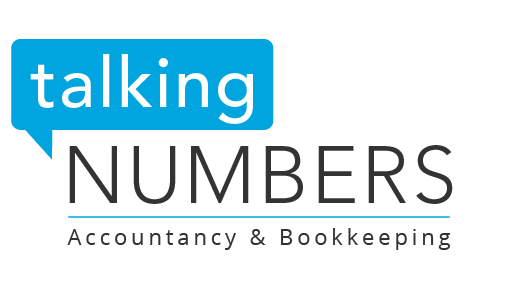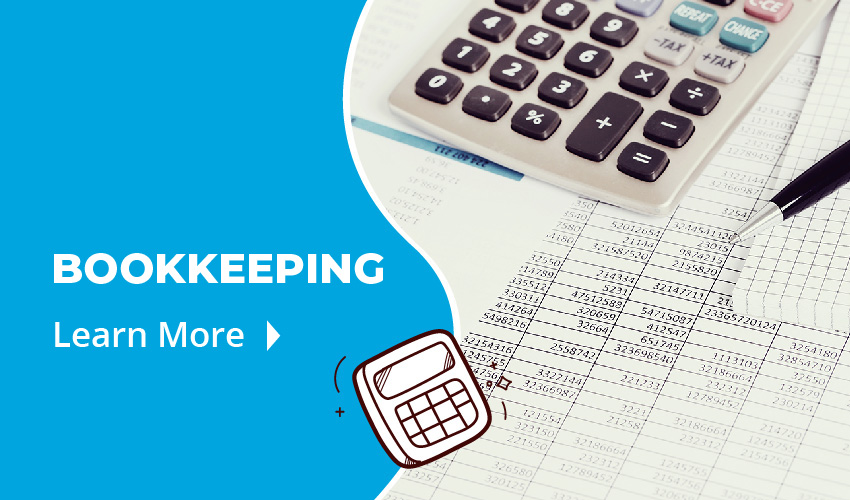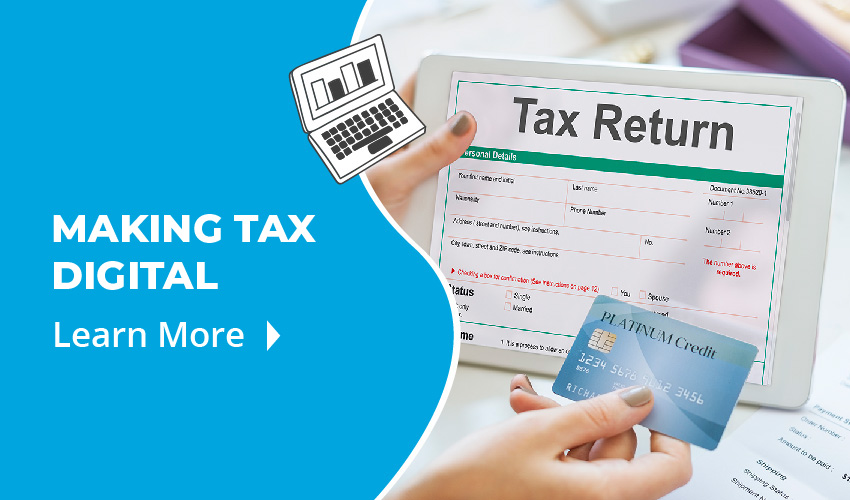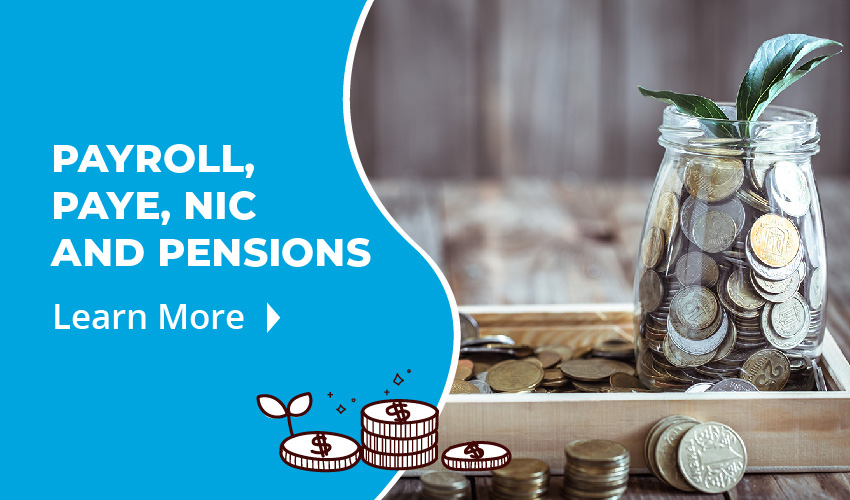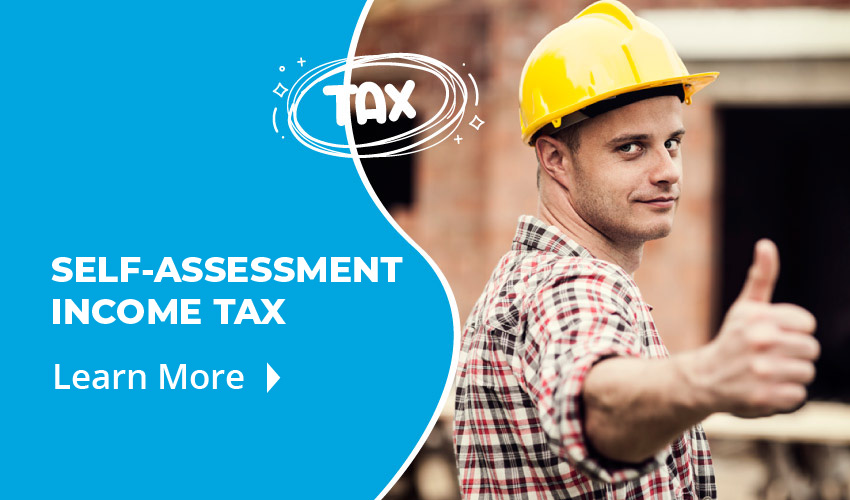Choosing which type of business structure to operate can be confusing and difficult. In this series of articles, we look at the pros and cons of each structure to help you decide which one is best for you.
A partnership – sometimes referred to as a general partnership – involves two or more individuals who go business with a view to making a profit.
Partnerships are slightly different in Scotland to the rest of the UK. Scottish general partnerships have separate “legal personality” from their owners, meaning that they can enter into contracts in their own right. Despite this, partners are jointly responsible for the losses or debts that the business as a whole incurs, and partners’ personal assets will need to be used to cover any shortfall.
Partnerships are usually governed by a partnership agreement, and partners agree in advance what share of the total profits that each partner receives. It is this share of the profits that each partner will pay income tax and national insurance on. The rates of income tax paid are set by the Scottish Government. Rates and bands can be found here.
There is no maximum amount that a partnership can earn, but if can mean that partners will pay more tax than other business structures, especially if they are high earners. Partners each need to register as self-employed with HM Revenue and Customs, and to submit self-assessment tax returns by 31 January each year. The partnership must nominate a partner to submit a partnership tax return too.
Talking Numbers can help you decide whether or not this business structure is right for you, and advise you on what you need to do to get started. Get in touch today for your free, no-obligation consultation.
